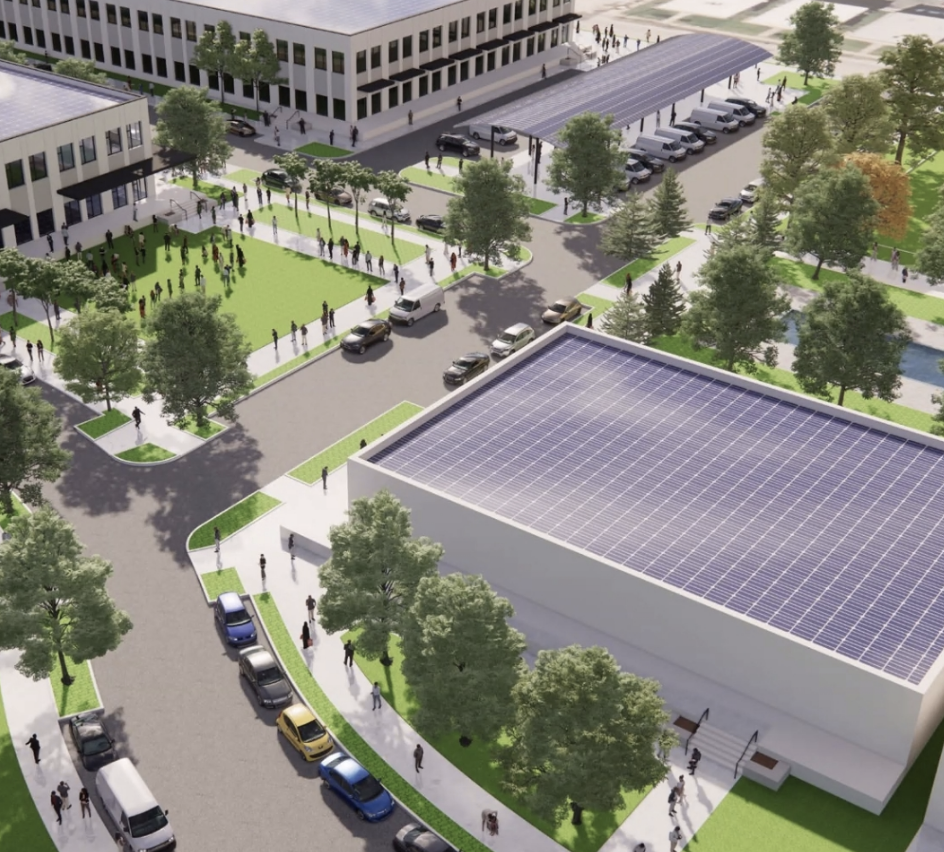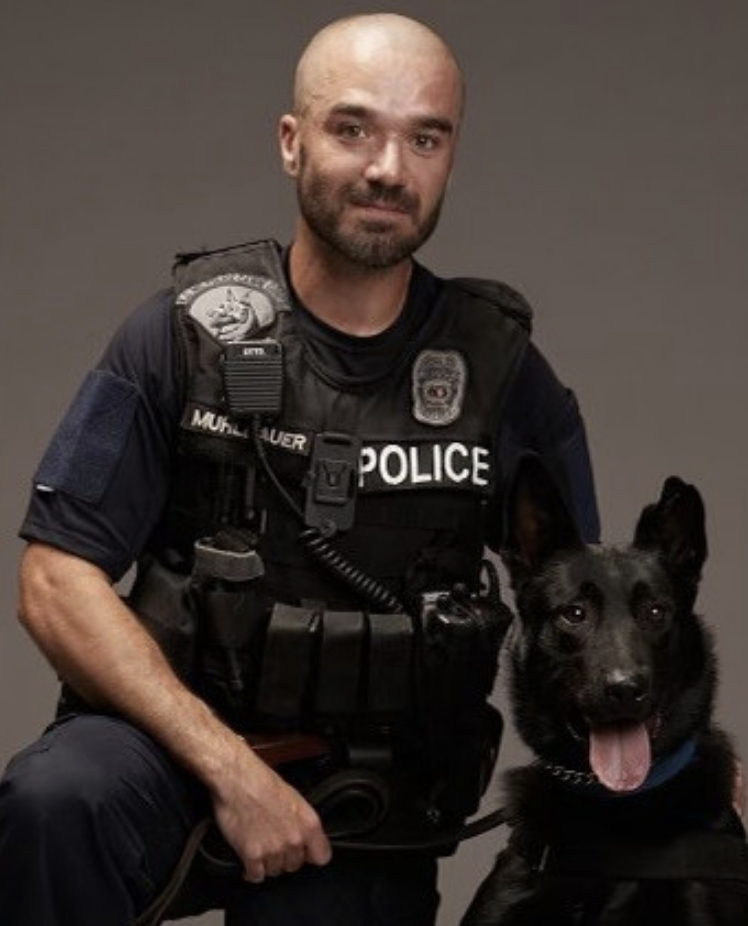Katrina E. Williams
Northeast News
Area bicycling advocates have turned their attention to the Historic Northeast.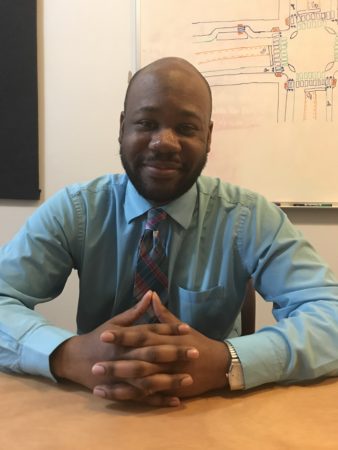
BikeWalkKC is a local non-profit organization that focuses on efforts to expand the pedestrian and bicycle mobility within KC communities through advocacy, education and planning. Presently, they are focused on implementing programs that will serve to increase the access to safer sidewalks, crosswalks, bike lanes, and even access to bicycles. The organization is also offering educational resources that promote and inform citizens about safe ways to utilize the new amenities.
The BikeWalkKC movement primarily supports low-income communities, which often have a great need for healthy lifestyle options and safer mobility options in the absence of automobile access.
“We are working to build coalitions with people and organizations that we believe are within that aspect of the mission,” said Michael Kelley, Policy Coordinator for BikeWalkKC.
In his role, Kelley works on policy and advocacy as it relates to citizens and pedestrians. One recent success for Kelley and his team was the City’s passage of the Complete Streets ordinance. The ordinance was cosponsored by nine Council members and Mayor Sly James before being passed unanimously.
“Complete Streets are essentially principles that outline how a street network should be constructed to allow easy access for all modes of transportation,” Kelley said. “Regardless of whether you’re on a bike or a car or walking, even if you have limited mobility or a disability, you should be able to traverse the city as easily as anyone else. That’s what Complete Streets helps to do.”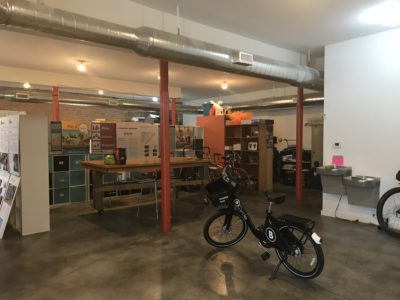
There are communities within the city that have been working toward this goal for some time, but the need is great and the goal is far from complete, especially in areas like the Northeast where many lack access to consistent transportation.
“While there are bike lanes already installed in some areas, they are very much a patchwork project at this time, very discombobulated,” Kelley added. “The Complete Streets ordinance will help to expand that, and it will help to do it in a way that is much more thought out, better planned, more comprehensive than it has been in the past.”
BikeWalkKC recently received a $70,000 grant from Aetna for educational programs that will help students find safe routes to school, and allow the organization to host a series of community workshops aimed at informing and empowering citizens.
“We are working on the workshop series that will focus on Complete Streets, but will be part of a broader discussion about advocacy, because we want to give these neighborhoods the resources and knowledge they need to be able to go to the city council and request the funding they need to bring Complete Streets to fruition.”
A big part of the reason BikeWalkKC chose the Northeast as one of its communities of focus is because of a disconnect within the street network. When compared to other parts of the city, the Northeast has a higher percentage of residents without access to cars.
BikeWalkKC also wants to make it easier for pedestrians to gain access to bikes through an improved Bike Share program. Under the current bike sharing system, riders use a credit card and are required to set up an account to access and pay for bikes. The organization is working on a new partnership with Better Bike Share to improve bicycle access to households less likely to own personal vehicles.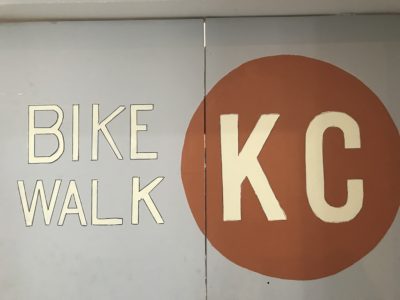
“We are aiming at implementing this program in the Northeast because there is such a high need there,” Kelley said. “We want to improve transit and create better options in that area.”
Not only does the movement set out to increase travel options and community improvement, but they intend to do it in a way that helps both the individual and the community.
“One of the elements of the Complete Streets ordinance is the language. It specifically says that while this is a city-wide ordinance, there has to be an emphasis on neighborhoods that are low income, and have [increased statistics of] poor health outcomes,” Kelley explained. “So in expanding Complete Streets we’re actually building an environment that encourages more active living. If you are someone who has access to better bike lanes and sidewalks, you’re more likely to go out and explore your community. That’s not just good for the individual; it’s good for the community.”


